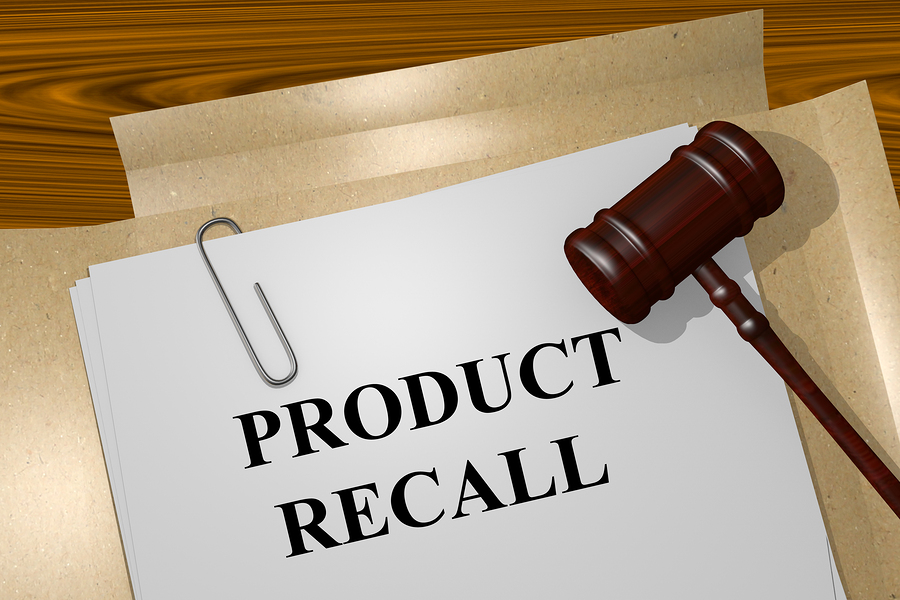Does A Recall Prove Liability In My Defective Product Injury Case?
 Michael Babboni
Recalls
When you’ve been injured by a product, you may be able to make a claim for product liability. Product liability is a legal term that covers the legal responsibility manufacturers, distributors, and sellers have if their product injures someone. Product liability covers things like defective products and not adequately warn users about the risks associated with the product. In these cases a person can make a claim for product liability. Proving product liability is pretty complex, but one of the major factors that can impact your case is a product recall.
Michael Babboni
Recalls
When you’ve been injured by a product, you may be able to make a claim for product liability. Product liability is a legal term that covers the legal responsibility manufacturers, distributors, and sellers have if their product injures someone. Product liability covers things like defective products and not adequately warn users about the risks associated with the product. In these cases a person can make a claim for product liability. Proving product liability is pretty complex, but one of the major factors that can impact your case is a product recall.What Is A Product Recall?
A product recall happens when a manufacturer becomes aware of a potential risk of their products. Recalls are surprisingly common and can come from internally or can come from a government regulatory agency. When a company issues a recall, they will send notice to all the distributors, sellers, and customers of the product. Whatever the risk is can then be mitigated. Sometimes recalls are severe and people are advised to return their product for a refund or the company will offer to fix the product. In other cases, when the risk is minor, the company may send customers a new warning label or part to help reduce the risk.
If The Product That Injured Me Is Recalled, I’m Owed Money, Right?
Not technically, no. A recall does not automatically mean that you will get a settlement. You will still have to prove the other claims in a product liability including:
● You have sustained an injury
● The injury was the result of the product
● The product was defective or you were not adequately warned about the risks of using the product
Plus, if they notified you of the recall, but you used the defective product anyway, they are not liable for your injuries. You also have a legal duty to exercise care. If a manufacturer warns you that your airbag is defective and you should not drive your car until the problem is fixed, and you drive your car anyway, they could argue that you did not exercise a duty of a care. Also in some cases, courts do not allow evidence of recalls unless specifically related to your injury presented as evidence. As recalls are often standard and cover minor things, courts may feel some examples of recalls may unfairly prejudice a jury.
So Does A Recall Mean The Manufacturer Isn’t Responsible?
This is also a no. Recalls can help provide strong evidence to the courts that the manufacturer, distributor, or seller is liable. Though they may be part of normal business operations, they don’t automatically get the manufacturer off the hook. If you are injured by a product that was recalled, the manufacturer has to prove that they adequately warned you. Also if the manufacturer warned the seller or distributor to recall the product and they did not, they could liable for your injuries. Finally, in the case of extreme negligence, recall or not, they may still liable. In these cases, they may also have to pay punitive damages.
Product liability cases are very complicated. Even a recall doesn’t just prove the manufacturer is at fault. In order to prove your claim and their liability, you need legal expertise to navigate all these complexities. The St. Peter’s Lawyer can help! Our expert legal team has the knowledge to take on even the most complicated product liability cases. So if you are injured, don’t just rely on a recall to prove your case, contact us instead!
